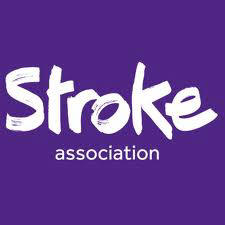STROKE Awareness Month, which takes place throughout May, is aimed at educating residents on the importance of recognising the symptoms of mini-strokes and TIAs (transient ischaemic attacks).
Figures show around 10,000 strokes could be prevented annually and the NHS and care services could save more than £200million if more people recognised the warning signs that a third of people (37 per cent) put down to a ‘funny turn’.
Only one in five experiencing a mini-stroke called 999 and almost half said the symptoms did not feel like an emergency.
A fifth of those suffering TIAs went on to have a major stroke.
Every year, around 46,000 people in the UK have a mini-stroke for the first time. The symptoms are the same as stroke but last for a short time and people appear to return to normal. Symptoms include the face falling on one side, the person not being able to raise both arms and keep them raised and slurred speech. Anyone suffering these symptoms should call 999.
Hugh Tibbits, The Stroke Association’s regional head of operations for the West Midlands, said: “The greatest risk of having a major stroke is within the first few days after a mini-stroke.
“However, for many people it doesn’t feel like an emergency because the symptoms are brief or mild.
“Too many mini-stroke patients delay calling 999 when their symptoms start and instead choose to book a GP appointment or visit their optician for advice because of their visual symptoms.
“There’s nothing small about mini-stroke. It’s a medical emergency. When the symptoms start, you should call 999 and say you may be having a stroke.”
The Stroke Association wants the public and health and social care professionals, including GP receptionists, hospital registrars and health visitors, to have a better awareness of the mini-stroke’s passing symptoms.
The charity is also campaigning for improved support, information and advice for patients to make necessary lifestyle changes to reduce their risk of further mini-strokes and strokes and provision of appropriate support for people to make their best possible recovery.
Visit www.stroke.org.uk/strokemonth for more information.











